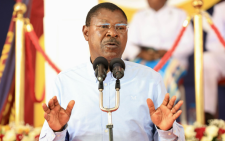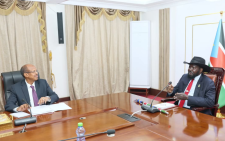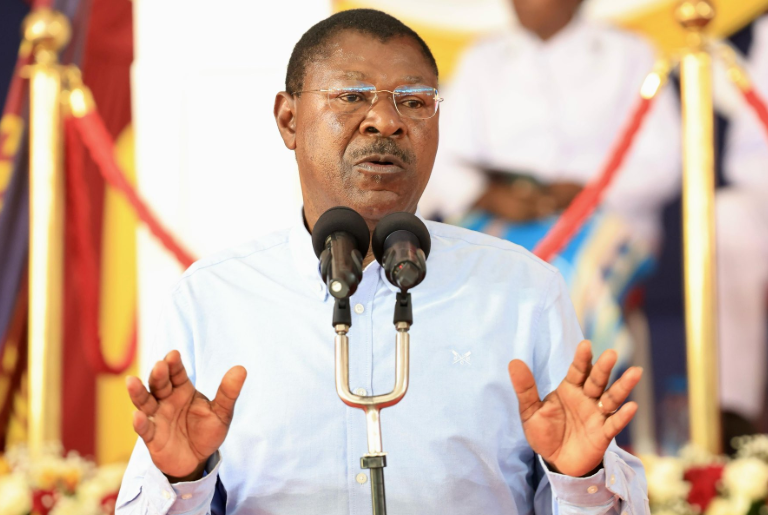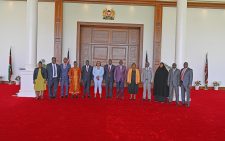Kenyans trail East Africa peers in electing women MPs
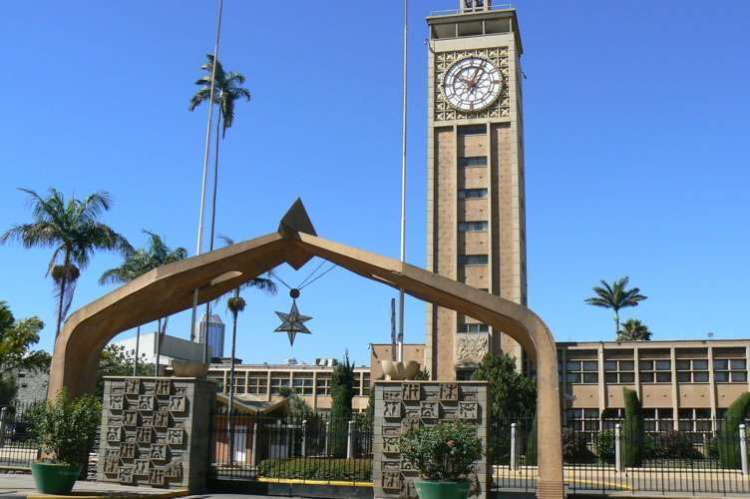
As the world marked the International Women’s Day yesterday, the gender disparity in political leadership worldwide is narrowing despite wide gaps in some regions.
A UN Women Data says as of January 2023, the number of women holding political decision-making posts worldwide has increased, but gender parity is still far off.
In the rankings which are based on representation in the lower House of Parliament, Kenya is at position 99, far behind East African counterparts.
Despite Kenya electing a record number of female politicians in last August’s election, women make up 23 per cent of members in the National Assembly, occupying 81 out of the 349 seats.
Rwanda tops the global rankings with 61 per cent of its MPs being women. Out of the 80 seats in its lower House, women occupy 49.
Tanzania is ranked 38th, with 38 per cent with women occupying 147 out of 393 seats in Parliament.
Uganda is position 50 with 34 per cent where out of 556 Parliamentary seats 188 are occupied by women.
South Africa, which is 11th globally, is second in Africa with 46 per cent where women hold 185 out of the 400 seats of the lower house membership.
China, which has the largest political representation in the world with a total of 2,975 seats is position 95 with women occupying 742 seats, an equivalent of 25 per cent.
The United Kingdom and the United States of America are placed at positions 48 and 67 with women making 35 and 29 per cent lower House leadership respectively.
Yemen is ranked last at position 186 with no single woman serving in its Parliament that has 245 seats.
